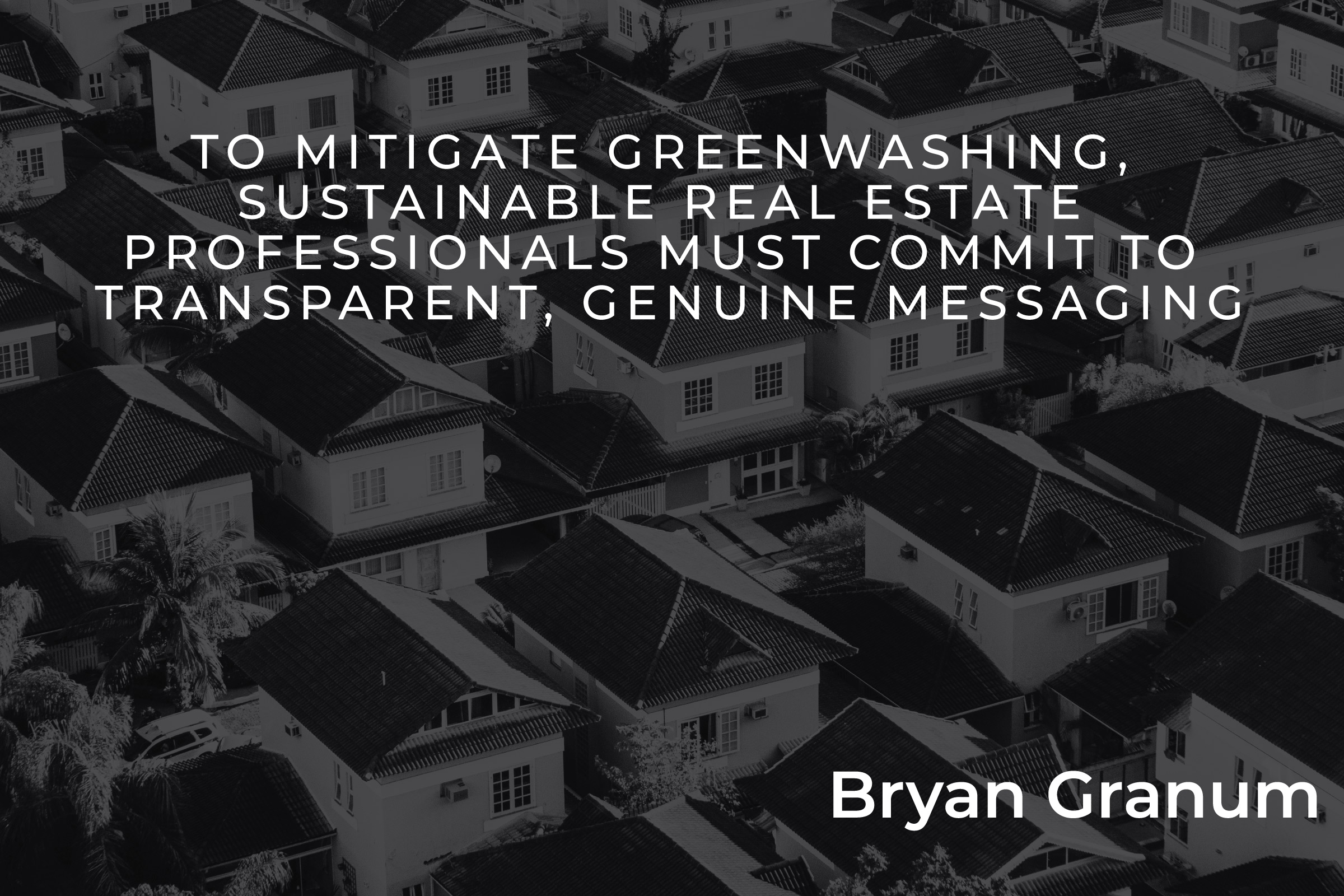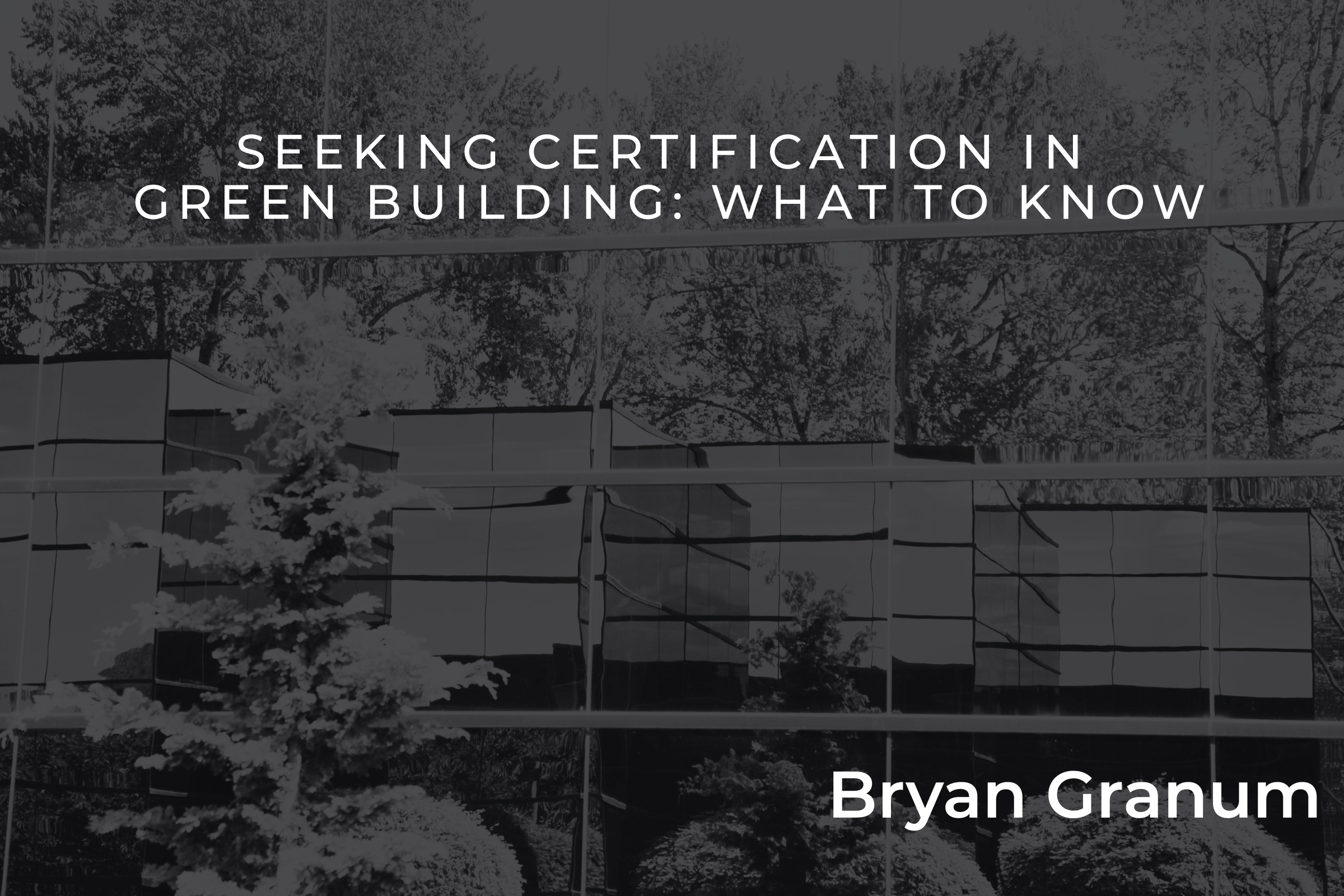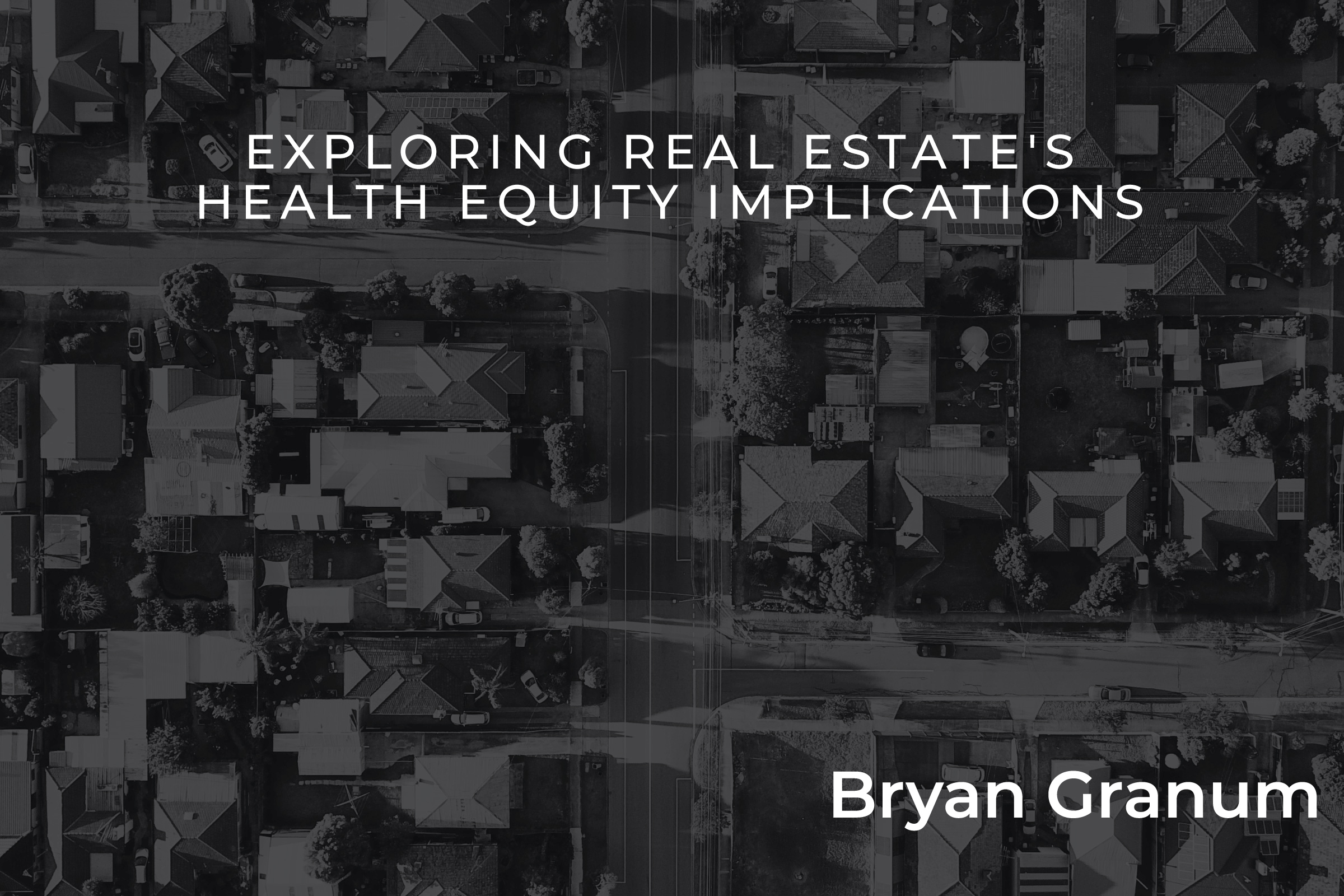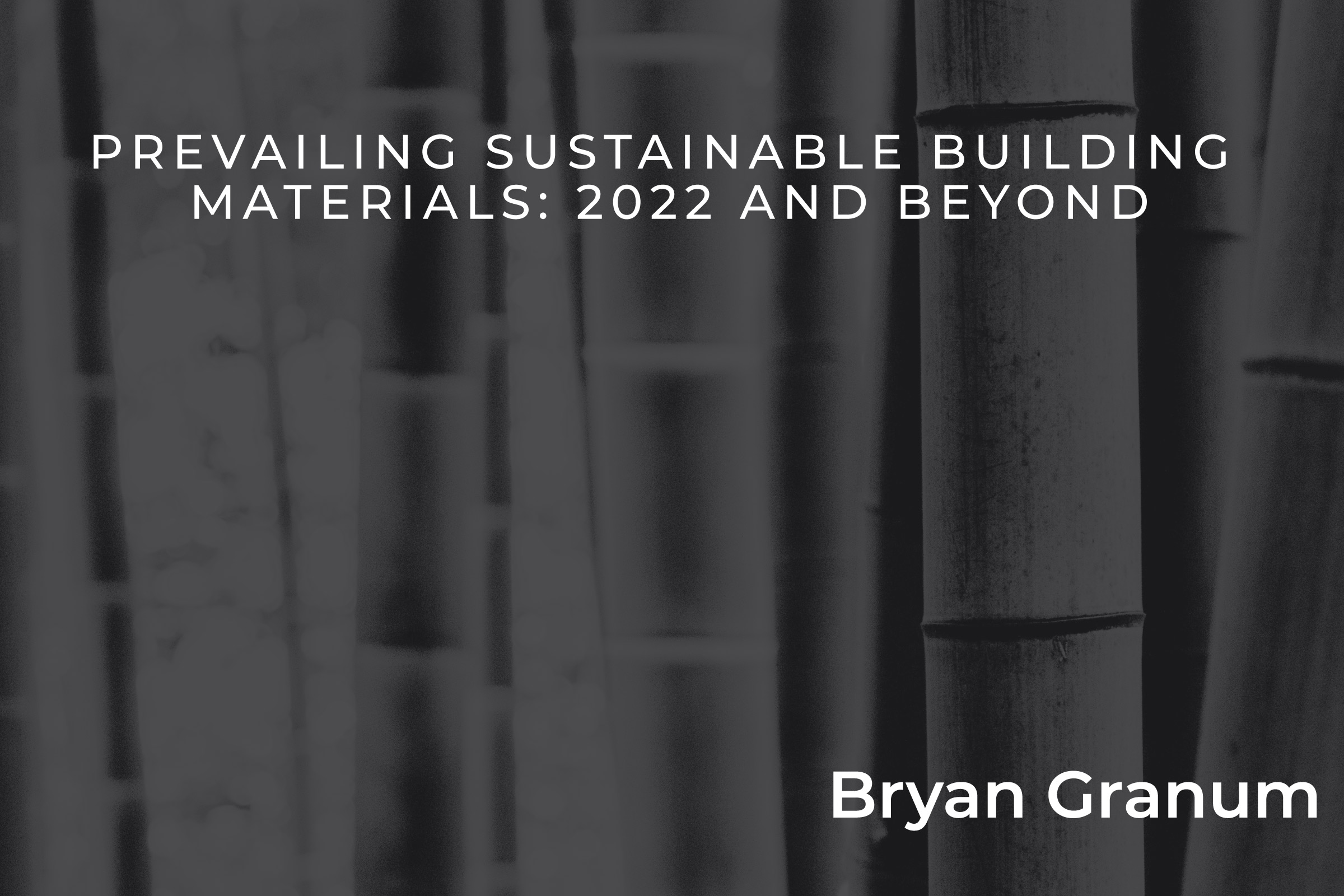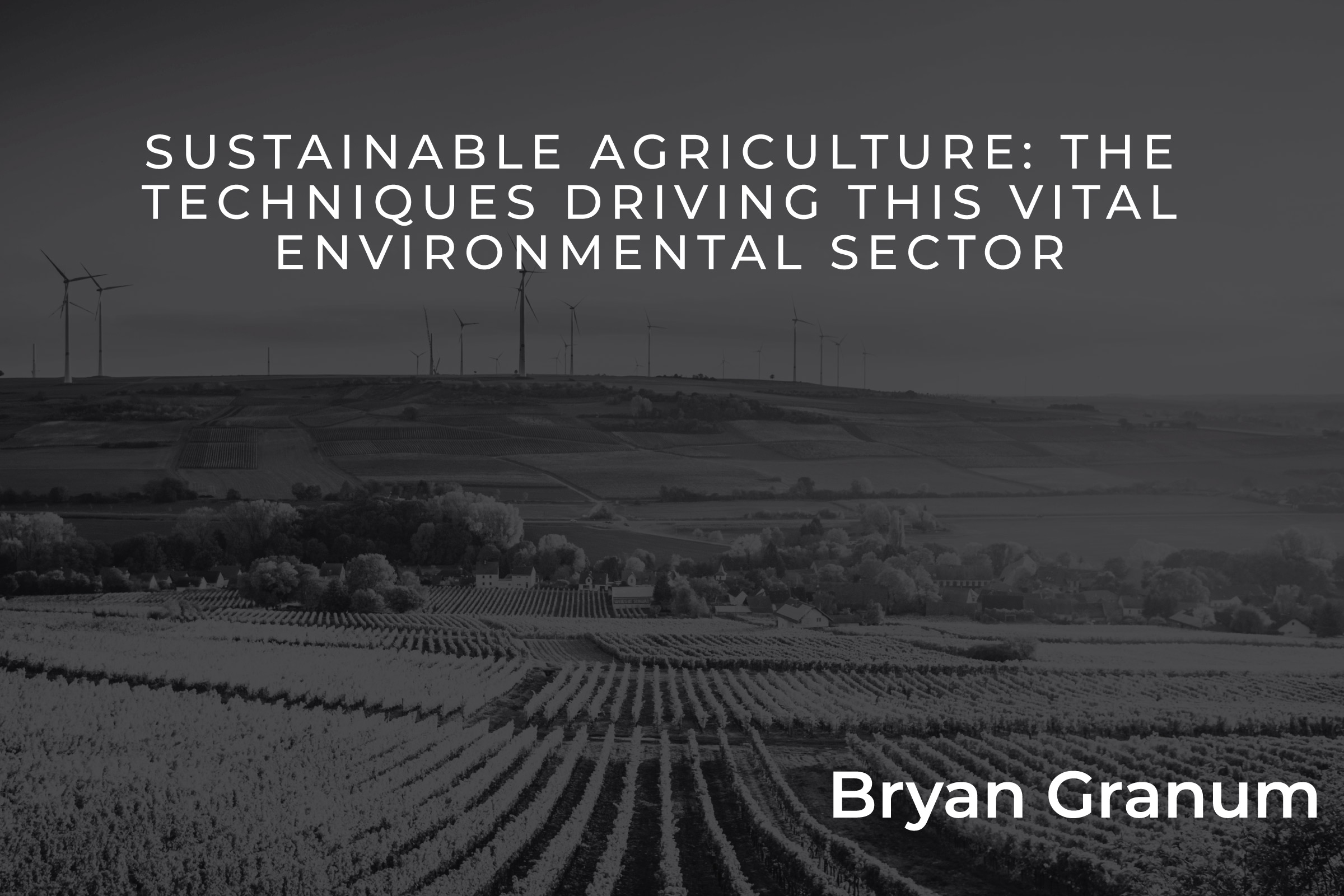Sustainability is arguably the most vital and relevant trend impacting today’s business world. Whether it pertains to eco-friendly infrastructure or more community-focused decision-making, sustainable business is defining the future of countless industries. This notion is especially true in real estate, where sustainability stands to innovate long-stagnant, potentially damaging practices linked to environmental and societal degradation.
However, as more businesses genuinely dedicate themselves to sustainability, an unfortunate parallel trend has emerged: so-called greenwashing, or the performative embracing of green practices in pursuit of personal gain alone. Greenwashing is a serious problem for sustainability at large, with some businesses and figures leveraging the issue’s urgency as a mere marketing ploy. In turn, this problem undermines the collective credibility and intent of the broader sustainable business community, stunting its ability to generate significant change.
In real estate, eliminating greenwashing is imperative, as the industry continues to rise as a major player in environmental and cultural change. Investors, developers, and other market participants can help curb this issue by fostering a more proactive, honest corporate culture — and this starts with practicing and subscribing to transparency and genuine messaging.
How Greenwashing Hurts Real Estate
Real estate greenwashing can manifest in several different — but equally detrimental — forms. From product managers and developers to real estate businesses, offenders make up a relatively wide spectrum, each with a unique approach to this damaging practice.
At its core, real estate greenwashing refers to any building, planning, selling, or manufacturing initiative falsely claiming to be sustainable when it really just wants to attract eco-conscious consumers or tenants. For instance, a real estate agent may wrongly claim green status, deceiving potential home buyers into purchasing what they think is sustainable property. On the construction end, building companies can easily hide between their genuinely sustainable peers, touting their supposed credentials within this community and clearing the way for unsustainable projects. Meanwhile, green-focused real estate investors must now grapple with separating greenwashed investments from ones reflective of their goals.
Collectively, these nefarious trends harm sustainable real estate by killing the industry’s credibility, increasing a sense of consumer risk and discomfort, and ultimately reducing trust in the real estate’s ability to truly go green.
Embracing Authenticity
Luckily, as greenwashing runs rampant, the general public is learning to better distinguish hollow promises from honest sustainable action. Real estate professionals can take advantage of this positive shift by doubling down on genuinity and transparent communication — namely within marketing.
It is important for sustainable real estate entities and individuals to make their efforts known; this contributes to a more green-oriented industry culture. However, no matter how fair-minded their intentions are, these professionals should take time to self-audit and confirm the authenticity of their sustainability-related claims and commitments. This process may include clear, ecological communication of existing and upcoming sustainability goals; ongoing evaluation of property efficiency and sustainable longevity; and accessible documentation of the project or initiative to date — including problem-solving steps and outstanding challenges.
Such efforts put pressure on those guilty of greenwashing, influencing them to lower this harmful facade for the greater good of real estate and the planet.
